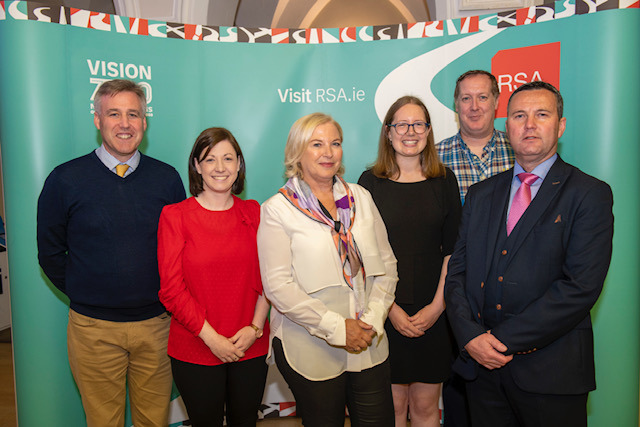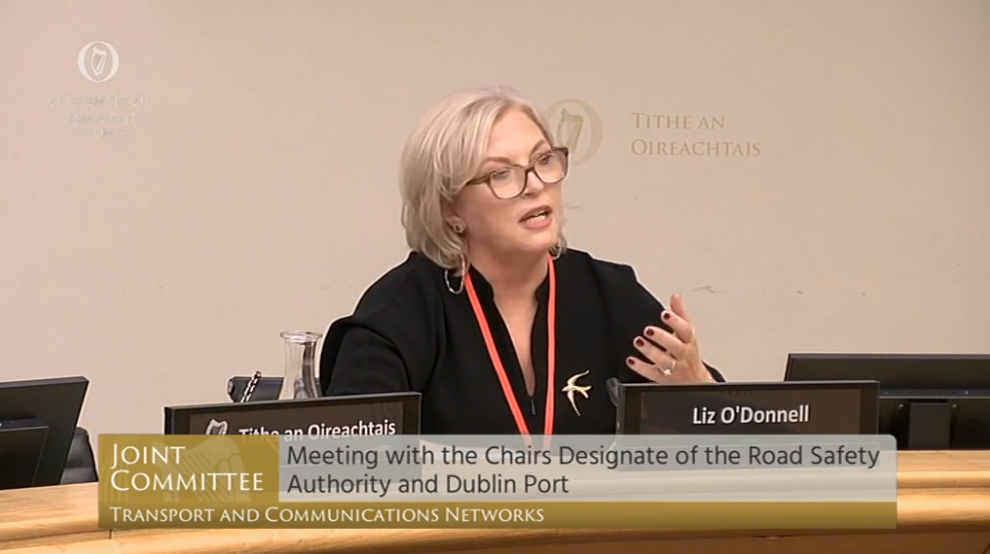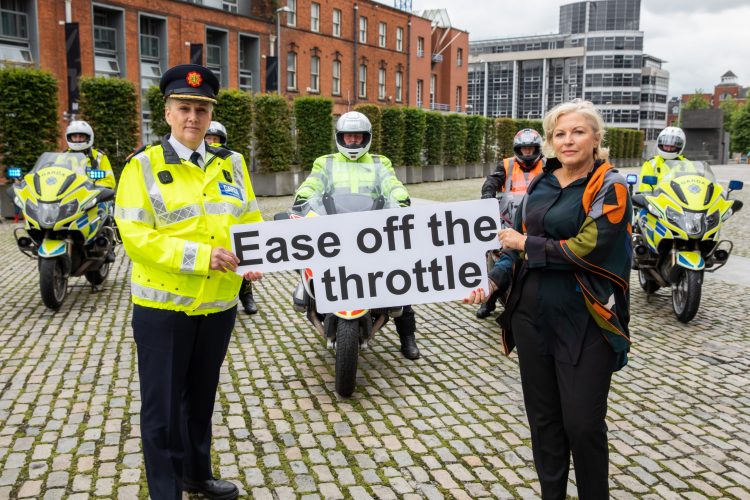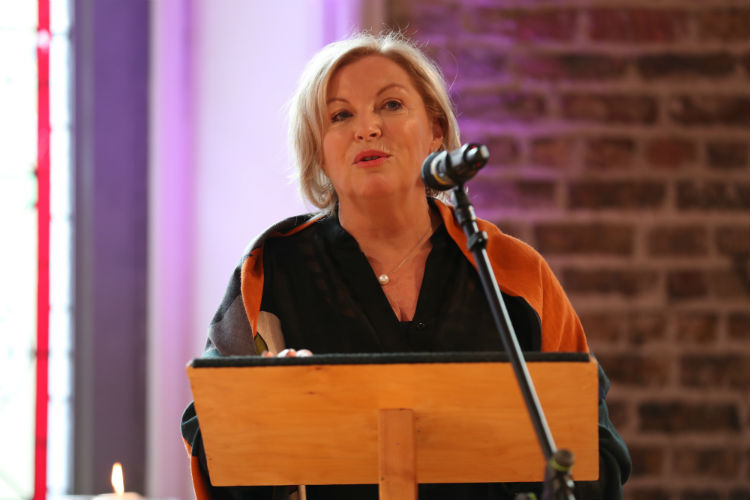RSA and An Garda Síochána launch June Bank Holiday Road Safety Appeal and 24 hour National ‘Slow Down Day’ Enforcement Operation.
At the launch of their June Bank Holiday Road Safety Appeal and National ‘Slow Down Day’ at NUI Galway today, the Road Safety Authority (RSA) and An Garda Síochána urged drivers to slow down and always choose a speed that is appropriate to the driving conditions.
Speaking at the launch of the June Bank Holiday Road Safety Appeal and National Slow Down Day at NUI Galway, Minister of State at the Department of Transport, Ms. Hildegarde Naughton said: “The number of drivers observed speeding in the RSA’s recent study in 50km/h zones is very concerning. These are speed zones that are rich in pedestrians and cyclists, vulnerable road users. Reducing the risk posed to vulnerable road users in these speed zones and encouraging safer, greener active travel is one of the key priorities of the new Government Road Safety Strategy. For example, we are reviewing speed limits and examining the possibility of a greater roll-out of 30km/h speed zones, as well as conducting a review of penalties related to speeding. New in vehicle safety assist technology such as Intelligent Speed Assistance and the roll out of average speed cameras will also contribute to preventing speed related harm. While all these actions are important to reducing speeding on our roads, it is important to remember that we all have a shared responsibility as individuals and a society to slow down to and protect ourselves and other road users.”
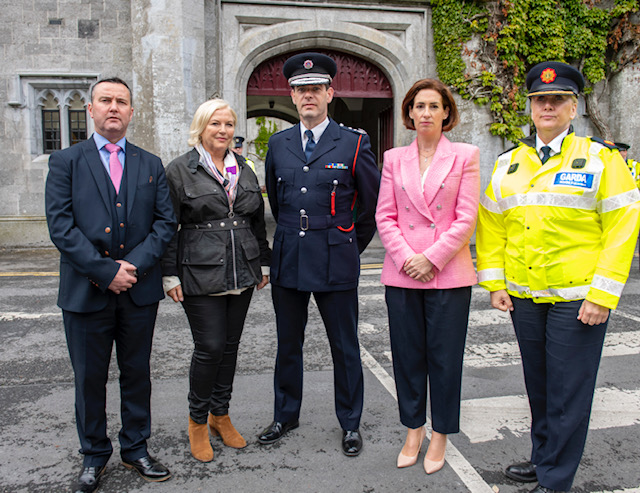
Highlighting the dangers of speed related collisions on rural roads Ms Liz O’Donnell, Chairperson Road Safety Authority said: “The faster you drive, the more likely you are to be involved in a collision which could result in death or serious injury. I am appealing to drivers to slow down and drive at a speed that is appropriate for the conditions. It is important to acknowledge that most drivers do the right thing and drive at an appropriate speed. However, there are some drivers who continually ignore our speed limits and put themselves and others at risk. This is particularly dangerous on higher speed rural roads which are often narrow, and where bends and corners can restrict a driver’s vision. Just over three quarters (77%) of driver fatalities who were speeding occurred on rural roadsϮ. There are no margins for error on these roads which is why drivers need to slow down when using them. By slowing down you give yourself time and space to react to something unexpected around the next corner, like a tractor emerging from a field or a group of cyclists.”
Assistant Commissioner Paula Hilman, Roads Policing and Community Engagement, An Garda Síochána said: “We are asking all drivers to support our National ‘Slow Down’ Day not just on ‘Slow Down Day’ but every day. If we all slow down a little, we can make a big difference. The World Health Organisation (2017) has estimated that a 5% reduction in average speed could result in a 30% reduction in fatal collisions, and therefore reducing motorists’ speed is essential to improving safety on our roads. Remember that speeding is not worth the potential devastating loss of life or serious injury but also isn’t worth the very real risk of losing your licence – if you are detected speeding you will receive 3 penalty points on your licence, if you get 12 penalty points in three years you will lose your licence for 6 months. A lower threshold of 7 points applies for learner drivers. Think of the impact a disqualification would have not only on your daily life but those who rely on you – family, friends, partners.”
Mr Sam Waide, CEO of the Road Safety Authority said: “Studies have repeatedly shown that drivers overestimate the amount of time they can gain by speeding. This is known as the speed fallacy. The perceived gain of time is much larger than the actual gain of time, which is in fact only marginal. For example, completing an average journey of 14 kilometres at 90km/h instead of 80km/h only saves 1 minute and 8 seconds. So, while you might gain one or two minutes journey time you risk losing your license and potentially your livelihood.”
Read full article here.

